

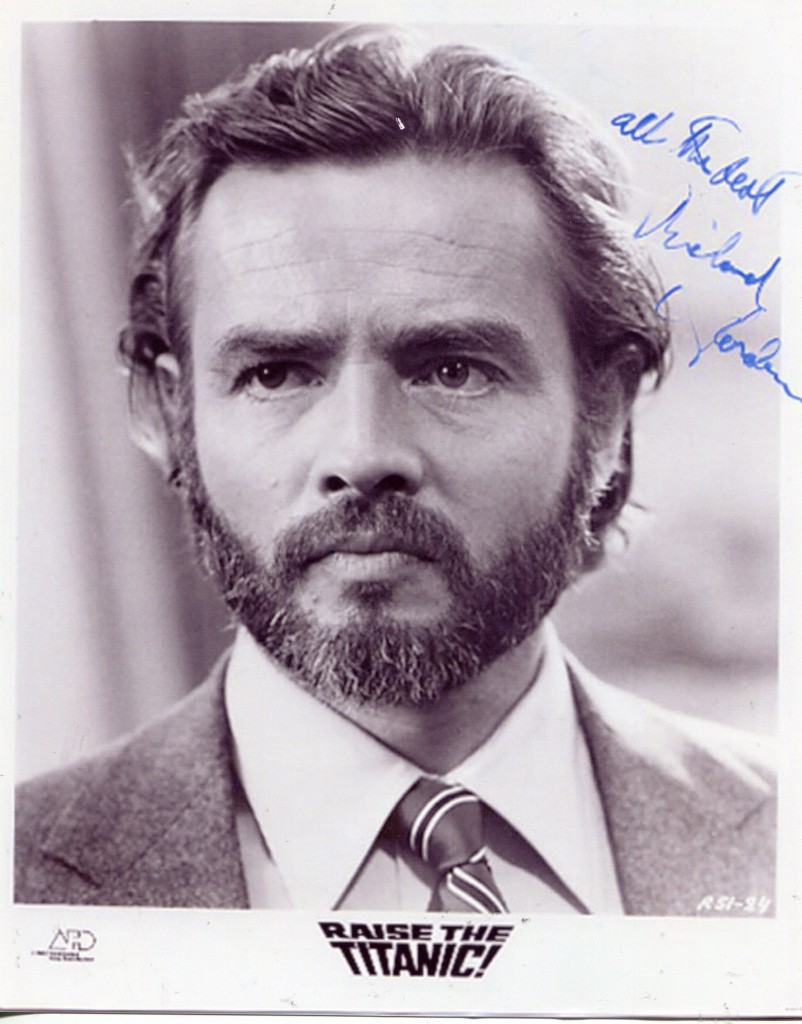
Richard Jordan. IMDB
Richard Jordan was born in 1937 and was an American stage, screen, and television actor. A long-time member of the New York Shakespeare Festival, he performed in many Off Broadwayand Broadway plays. His films include Logan’s Run, Les Misérables, Raise the Titanic, The Friends of Eddie Coyle, The Yakuza, The Bunker, Dune, The Secret of My Success, The Hunt for Red October,Posse and Gettysburg. He died in 1993.
Tribute
Noted actor Richard Jordan worked tirelessly on stage, screen and television, and although he died too young he left behind many memorable roles, playing both good and bad characters.
Born in New York on July 17th 1937, the privately educated Jordan graduated from Harvard in 1958, and within 3 years was acting on Broadway. Richard performed in various Shakespeare plays and before long he was directing his own stage productions, both on and off Broadway.
Jordan’s movie career began when he was 34, initially in gritty westerns, with his first two starring opposite Burt Lancaster (‘Lawman’ and ‘Valdez is Coming’ – both 1971). The following year Jordan appeared in the Charles Bronson Indian tale ‘Chato’s Land’, from ‘Lawman’ director Michael Winner, whom Richard despised.



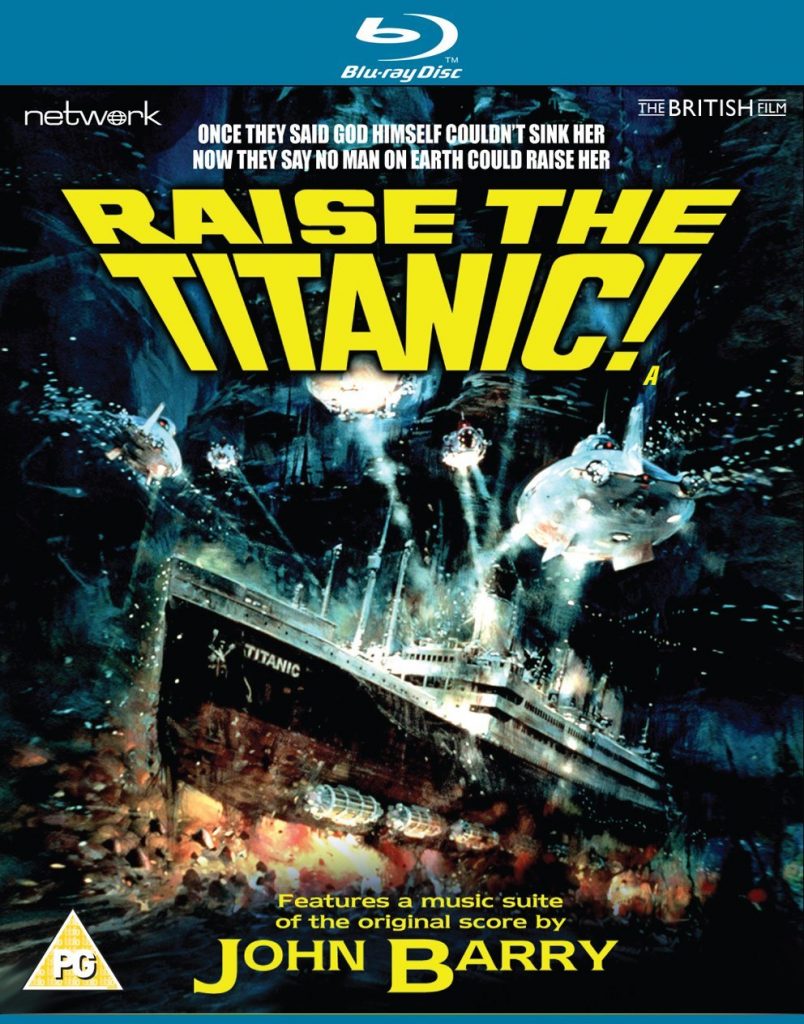

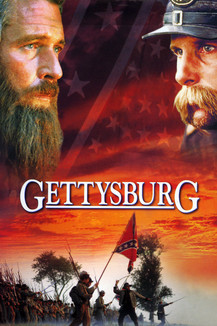



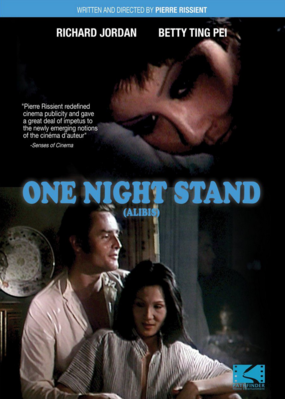


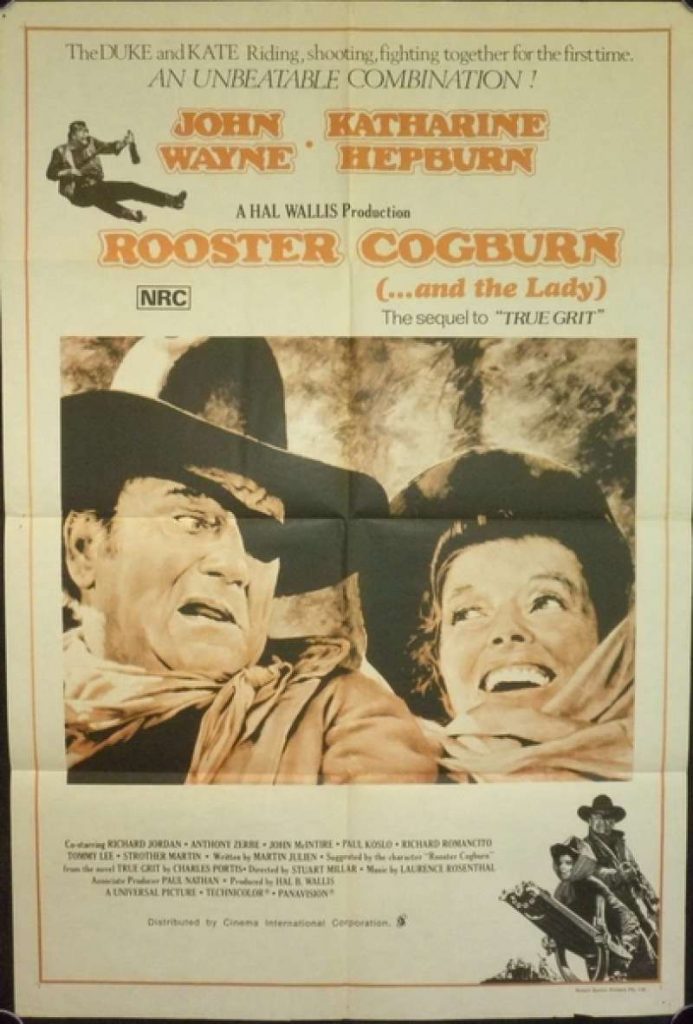
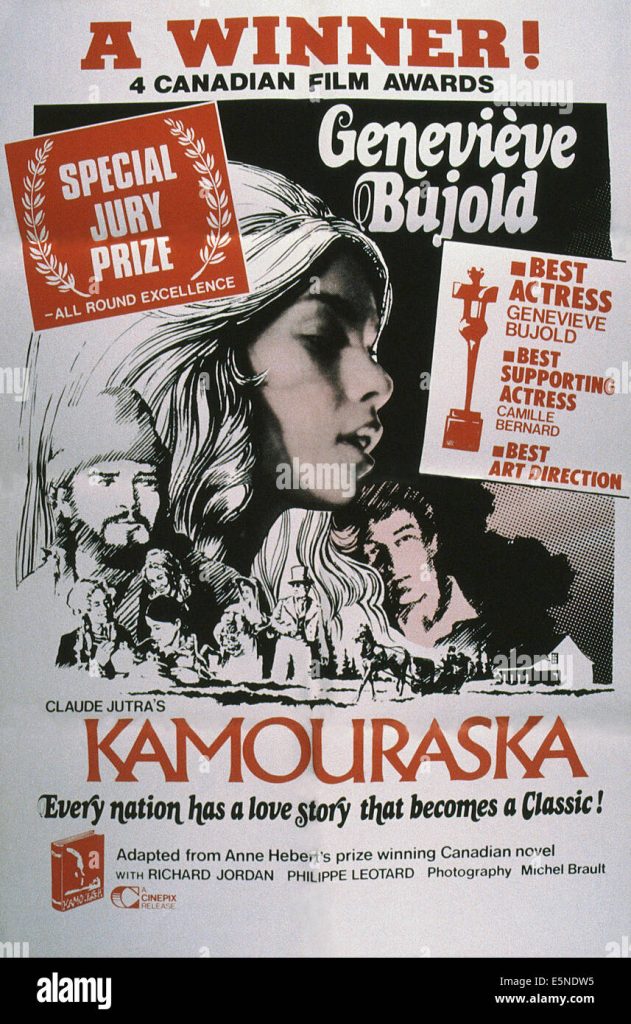
Jordan’s breakthrough came in 1973 when he co-starred in Peter Yates’ excellent ultra-realistic drama ‘The Friends of Eddie Coyle’. The movie starred Robert Mitchum (in a career-best performance), as a small time criminal turned informer, with Richard giving a natural turn as corrupt detective, Dave Foley. The following year Richard teamed again with Mitchum for Sydney Pollack’s Japan-set gangster thriller ‘The Yakuza’.
After featuring in the 1976 Sci-Fi fave ‘Logan’s Run’, Richard collected a Golden Globe for his excellent portrayal of Irish immigrant Joseph Armagh, in the much lauded NBC mini-series ‘Captains and the Kings’.
1978 began with a co-starring role in Woody Allen’s drama debut ‘Interiors’. That same year saw Richard in a striking performance as Jean Valjean in a terrific TV Version of the oft-filmed classic ‘Les Misérables’, alongside Anthony Perkins as the evil guard, Javert. Staying in the UK Richard followed up ‘Les Misérables’ with the entertaining caper ‘A Nightingale Sang in Berkley Square’, with David Niven and Elke Sommer.
The Eighties proved disappointing for the talented Jordan. The decade started out badly with the big budget flop ‘Raise the Titanic’ (’80), which sank at the box office. He was very good though opposite Anthony Hopkins in the 1981 television film ‘The Bunker’, playing Third Reich minister Albert Speer to Hopkins’s Adolph Hitler. Parts in David Lynch’s 1984 big budget ‘Dune’, and ‘The Secret of My Success’ (’87), as Michael J Fox’s corporate uncle, did little for him professionally, and he continued to act and direct on stage.
After a prominent role in the Sean Connery cold war thriller ‘The Hunt for Red October’ in 1990, Jordan gave a terrific performance in what would be his final movie, 1993’s ‘Gettysburg’. His portrayal of Confederate officer Lewis Armistead was certainly award-worthy. His speech at the end of the film is portrayed with such depth and honesty, creating enough feeling of a character being able to lead the men into an eventual final charge. A truly fitting end to a fine career.
Married twice (to actresses Kathleen Widdoes and later Blair Brown), Richard died far too young, from a brain tumour at just 56, on August 30th 1993. A staunch advocate of the theatre, he remained dedicated to his craft to the very end, giving impressive turns in many productions. Much missed, Richard Jordan left behind a daughter by his first wife, and a son by his long-term companion, actress Marcia Cross.
Favourite Movie: The Friends of Eddie Coyle
An article on IMDB by Jon C. Hopwood:
Harvard-educated stage and screen actor Richard Jordan was born into a socially prominent family on July 19, 1937 in New York City, the grandson of Learned Hand, the greatest American jurist never to have served on the U.S. Supreme Court. Newbold Morris, his stepfather, was a member of the New York City Council during Mayor Fiorello LaGuardia‘s administration. Young Richard was educated in private Manhattan schools and then at the exclusive Hotchkiss prep school in Lakeville, Connecticut. While at Hotchkiss, he was outstanding as the eponymous lead of the school play “Mr. Roberts”, which won him a place in the Sharon, Connecticut summer stock company. Jordan went to England as an exchange student at the Sherbourne School, a college (private school) that was over 1,000 years old. After graduating from Sherbourne, Jordan entered Harvard College and took his degree in three years.
At Harvard, Jordan was a member of the Dramatic Club, both as an actor and as a director. It was while at Harvard that he decided to become a professional actor and began performing with off-campus stage companies. After graduating from Harvard, Jordan launched what was to be a prolific stage career in New York, making his Broadway debut in December 1961 in the play “Take Her, She’s Mine” under the direction of the venerable George Abbott in Biltmore Theatre. The play, which starred Art Carney,Elizabeth Ashley in a Tony Award-winning turn, and Heywood Hale Broun, was a hit, playing 404 performances.
Jordan next appeared in a one-night flop, in “Bicycle Ride to Nevada”, which opened and closed on September 24, 1963. He was more lucky with his next play, “Generation”, a comedy starring Henry Fonda that played for 300 performances in the 1965-66 season. He last appeared on Broadway in a success d’estime, John Osborne‘s “A Patriot for Me”, directed by Peter Glenville and starring Maximilian Schell and Tommy Lee Jones, who was making his Broadway debut. By that time, Jordan had established himself as a leading player Off-Broadway and Off-Off-Broadway, which accounted for the majority of his over 100 New York stage appearances.
Jordan, as actor and director, was a major force in the development of New York’s “Off-Off-Broadway” theater that flourished in the 1960s. He was one of the founders of the Gotham Arts Theater, which put on plays in an old funeral parlor on West 43rd Street. Fittingly, the company’s first play was about necrophilia. Jordan engaged young New York artists to design the sets, the results of which were not always auspicious. Jordan said of this development, “With our weirdo plays against their far-out sets…it was total insanity!” He made a significant breakthrough, career-wise, with his appearance in the anti-war play “The Trial Of The Catonsville Nine” in both New York and California.
Jordan spent eight years with Joseph Papp‘s New York Shakespeare Festival. He made his debut with Papp’s Shakespeare Festival in 1963, playing “Romeo” opposite the “Juliet” ofKathleen Widdoes, the fellow Papp stock company member who would become his wife, in Papp’s Shakespeare in the Park series. The couple married in 1964, and their eight-year marriage produced a daughter, Nina Jordan, born in 1966, who would later co-star with her father in the movie Old Boyfriends (1979).
Although he appeared on television during the 1960s, the tall, handsome and talented Jordan did not make his motion picture debut until 1971, when he appeared in a supporting role in Michael Winner‘s horse opera Lawman (1971), which featured a first-rate cast, including Burt Lancaster, Robert Ryan, Lee J. Cobb and Robert Duvall. However, it was his role as the baby-faced, amoral Treasury agent in The Friends of Eddie Coyle(1973) that made him a known commodity on-screen, while it was the monumental mini-series Captains and the Kings (1976) that made his reputation. His performance as the Irish immigrant “Joseph Armagh” brought him an Emmy nomination and a Golden Globe award, and it also brought him his long-time companion, co-star Blair Brown, whom he lived with for many years and by whom he had a son.
An actor rather than a star, Jordan played many unsympathetic roles, including that of Nazi Albert Speer in the TV movie The Bunker (1981). He continued to appear on the stage, Off-Broadway and in stock companies touring the major cities of the U.S., while appearing in films and on TV. Jordan was the manager of the L.A. Actors Theater in Los Angeles during the 1970s, where he produced, directed and wrote his own plays. For the 1983-84 Off-Broadway season, he won an Obie Award for his performance in Czech playwright Václav Havel‘s “A Private View”. He won the Los Angeles Drama Critics Circle Award for directing Havel’s “Largo Desolato” at the Taper, Too in 1987.
In 1992, Jordan had begun filming The Fugitive (1993) when his fatal illness forced him to leave the production. Thus, Jordan’s final role was that of “General Lewis Armistead” in the film Gettysburg (1993), which was a labor of love for him. He was close friends with Michael Shaara, the author of the novel “The Killer Angels”, which the movie was based upon, and contributed to the screenplay. Jordan’s last appearance as an actor was the death of his on-screen character, “General Armistead”.
Richard Jordan died in Los Angeles, California of a brain tumor on August 30, 1993. He was 56 years old.
– IMDb Mini Biography By: Jon C. Hopwood
TCM OvervieThis strong-featured regular of Joseph Papp’s New York Shakespeare Festival appeared in over 100 Broadway and off-Broadway plays. Jordan began making screen appearances in lead roles, such as Woody Allen’s “Interiors” (1978) and as one of the “Iron Johns” in “The Men’s Club” (1986). He appeared in the weirdly Mid-Pacific “The Yakuza” (1975) and in supporting roles in features that ranged from big budget comedies like “The Secret of My Success” (1987) to the rococo “Dune” (1985), where he played an oddly normal character. Jordan was in several TV-movies and miniseries in the 1970s and gave a gripping performance as Albert Speer in the TV-movie movie “The Bunker” (1981). He played his last TV role in the movie “Are You Lonesome Tonight” (1992). Very shortly before he died, Jordan completed work on the earnest feature epic, “Gettysburg” (1993), which showcased his sizable, stalwart talent as Brigadier General Armistead, who died doing battle with Union forces.
Article on Richard Jordan in “Tina Aumont’s Eyes” website:
Noted actor Richard Jordan worked tirelessly on stage, screen and television, and although he died too young he left behind many memorable roles, playing both good and bad characters.
Born in New York on July 17th 1937, the privately educated Jordan graduated from Harvard in 1958, and within 3 years was acting on Broadway. Richard performed in various Shakespeare plays and before long he was directing his own stage productions, both on and off Broadway.
Jordan’s movie career began when he was 34, initially in gritty westerns, with his first two starring opposite Burt Lancaster (‘Lawman’ and ‘Valdez is Coming’ – both 1971). The following year Jordan appeared in the Charles Bronson Indian tale ‘Chato’s Land’, from ‘Lawman’ director Michael Winner, whom Richard despised.
Jordan’s breakthrough came in 1973 when he co-starred in Peter Yates’ excellent ultra-realistic drama ‘The Friends of Eddie Coyle’. The movie starred Robert Mitchum (in a career-best performance), as a small time criminal turned informer, with Richard giving a natural turn as corrupt detective, Dave Foley. The following year Richard teamed again with Mitchum for Sydney Pollack’s Japan-set gangster thriller ‘The Yakuza’.
After featuring in the 1976 Sci-Fi fave ‘Logan’s Run’, Richard collected a Golden Globe for his excellent portrayal of Irish immigrant Joseph Armagh, in the much lauded NBC mini-series ‘Captains and the Kings’.
1978 began with a co-starring role in Woody Allen’s drama debut ‘Interiors’. That same year saw Richard in a striking performance as Jean Valjean in a terrific TV Version of the oft-filmed classic ‘Les Misérables’, alongside Anthony Perkins as the evil guard, Javert. Staying in the UK Richard followed up ‘Les Misérables’ with the entertaining caper ‘A Nightingale Sang in Berkley Square’, with David Niven and Elke Sommer.
The Eighties proved disappointing for the talented Jordan. The decade started out badly with the big budget flop ‘Raise the Titanic’ (’80), which sank at the box office. He was very good though opposite Anthony Hopkins in the 1981 television film ‘The Bunker’, playing Third Reich minister Albert Speer to Hopkins’s Adolph Hitler. Parts in David Lynch’s 1984 big budget ‘Dune’, and ‘The Secret of My Success’ (’87), as Michael J Fox’s corporate uncle, did little for him professionally, and he continued to act and direct on stage.
After a prominent role in the Sean Connery cold war thriller ‘The Hunt for Red October’ in 1990, Jordan gave a terrific performance in what would be his final movie, 1993’s ‘Gettysburg’. His portrayal of Confederate officer Lewis Armistead was certainly award-worthy. His speech at the end of the film is portrayed with such depth and honesty, creating enough feeling of a character being able to lead the men into an eventual final charge. A truly fitting end to a fine career.
Married twice (to actresses Kathleen Widdoes and later Blair Brown), Richard died far too young, from a brain tumour at just 56, on August 30th 1993. A staunch advocate of the theatre, he remained dedicated to his craft to the very end, giving impressive turns in many productions. Much missed, Richard Jordan left behind a daughter by his first wife, and a son by his long-term companion, actress Marcia Cross.
Favourite Movie: The Friends of Eddie Coyle
Favourite Performance: Les Miserables
The above article can also be accessed online here.

